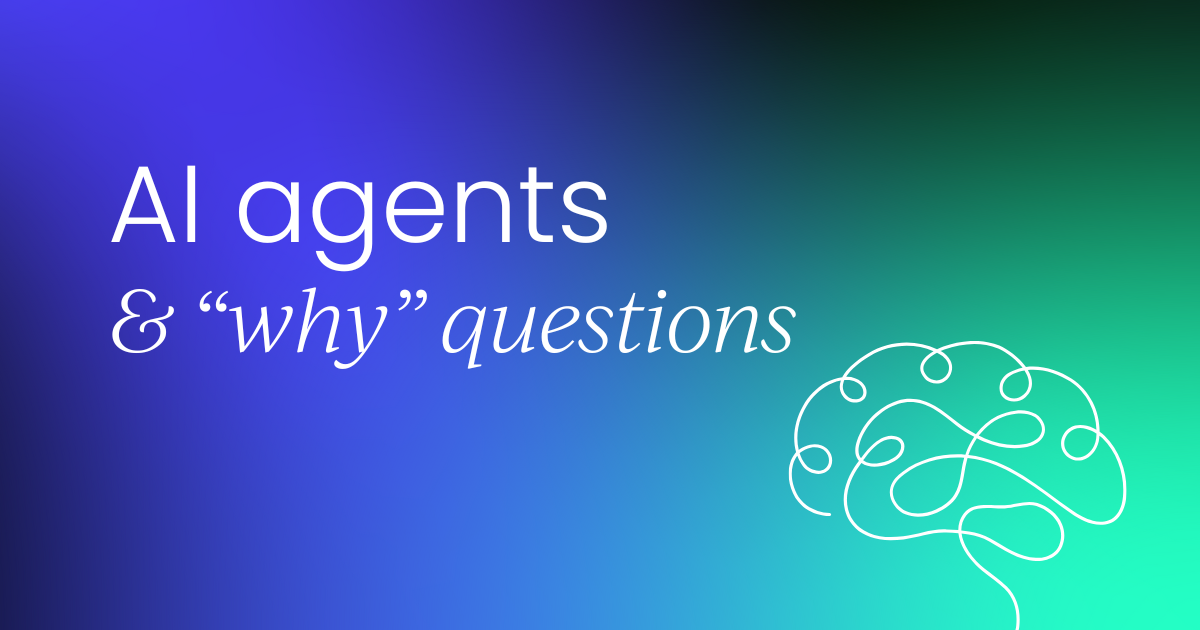InData: Towards Secure Multi-Step, Tool-Based Data Analysis
NeutralArtificial Intelligence
- InData has been introduced as a dataset designed to improve the security of large language models (LLMs) in data analysis by restricting direct code generation and access to sensitive data. This approach mandates LLMs to utilize a defined set of secure tools for interaction, addressing significant security concerns.
- The development of InData is crucial as it aims to mitigate risks associated with sensitive data handling by LLMs, ensuring that data analysis processes remain secure while still leveraging advanced AI capabilities.
- This initiative reflects a growing awareness of the security challenges posed by LLMs, particularly in critical applications, and aligns with ongoing efforts to enhance the interpretability and reliability of AI systems in various sectors.
— via World Pulse Now AI Editorial System

